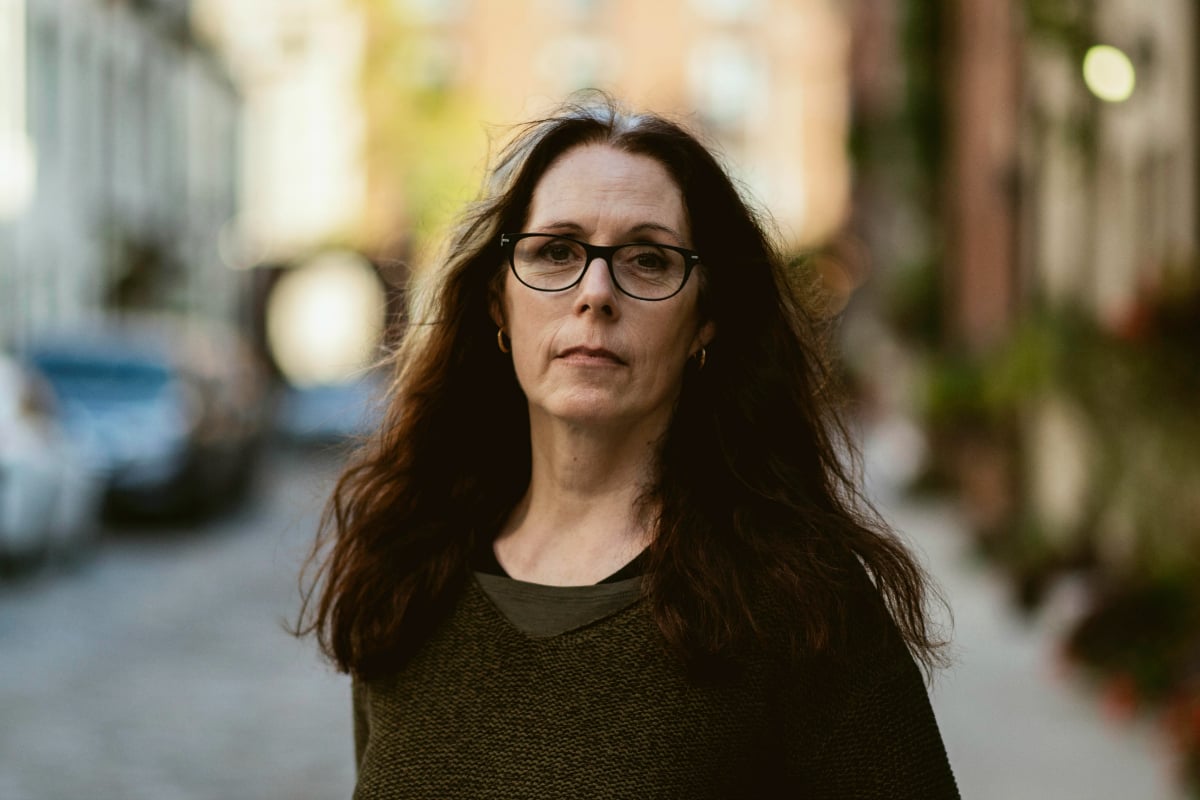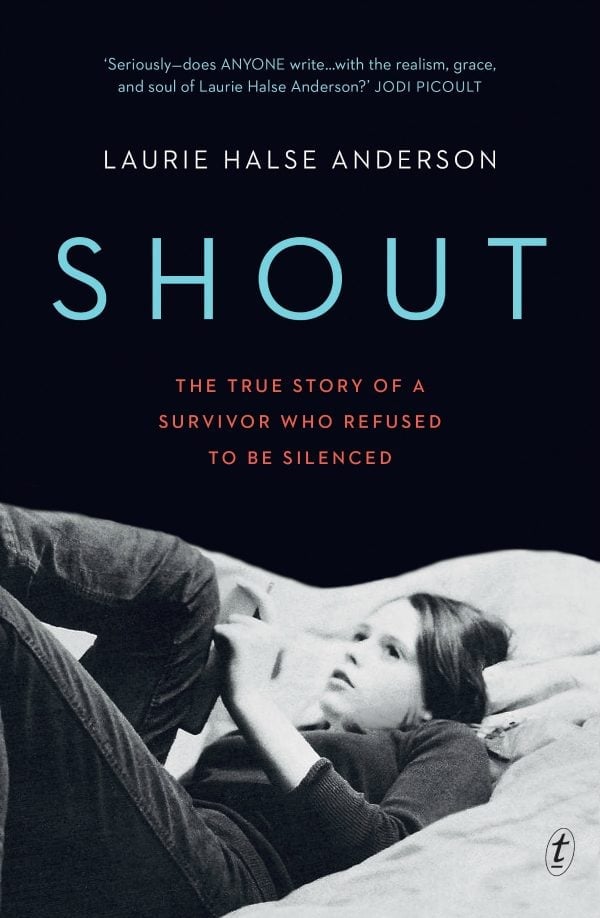
If you have experienced sexual violence, support is available 24 hours a day via 1800 RESPECT. Please call 1800 737 732 or visit the website to chat with a trained counsellor.
There are people who believe Laurie Halse Anderson’s first novel, Speak, doesn’t deserve a place on library shelves, that it should never find its way into the hands of the very people for whom it was written: teens. In 2010, a Missouri State University professor openly called for it to be banned from the curriculum of a local school district, and it remains on the American Library Associations list of most-challenged Young Adult novels.
But for what?
Speak, which this year turns 20 and is considered a classic of the genre, tells the story of Melinda, a 14-year-old girl who is raped by a senior at her high school. When she attempts to report the crime, the words catch in her throat. Over the following months, she talks less and less as the secret swells inside her, muffling her voice. Her silent suffering eases when she learns she is not alone; it’s through the stories of other girls that she’s empowered to speak.
Like all the best fiction, there is truth behind the words. A personal truth: Laurie’s own experience of rape as a 13-year-old. And a universal truth: that people learn, grow and draw strength from each other’s stories.





























































































